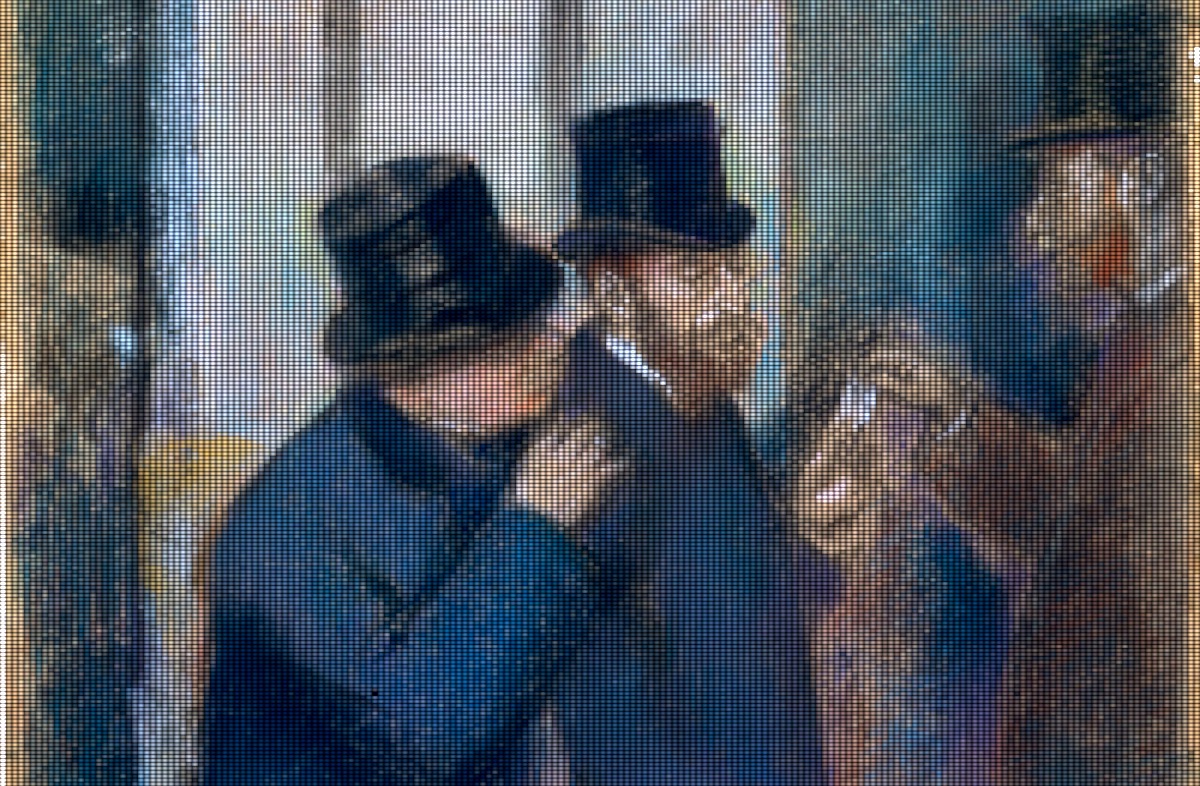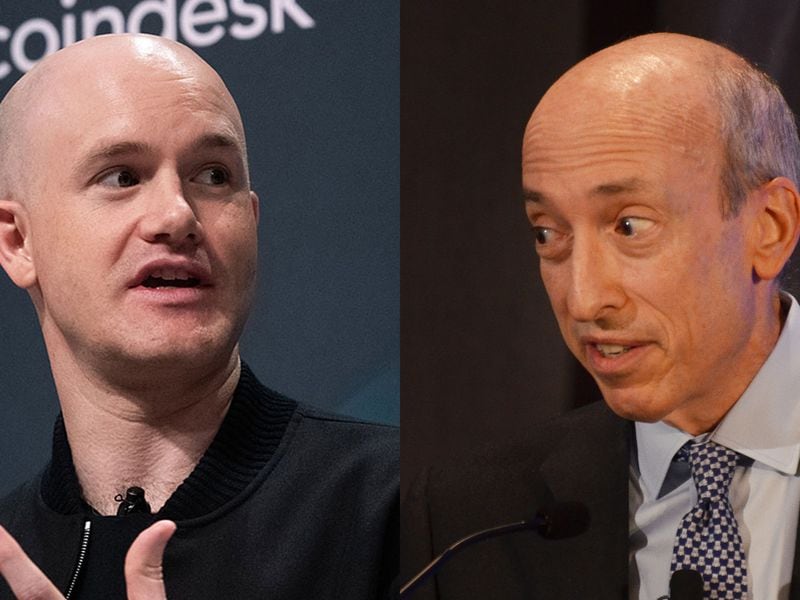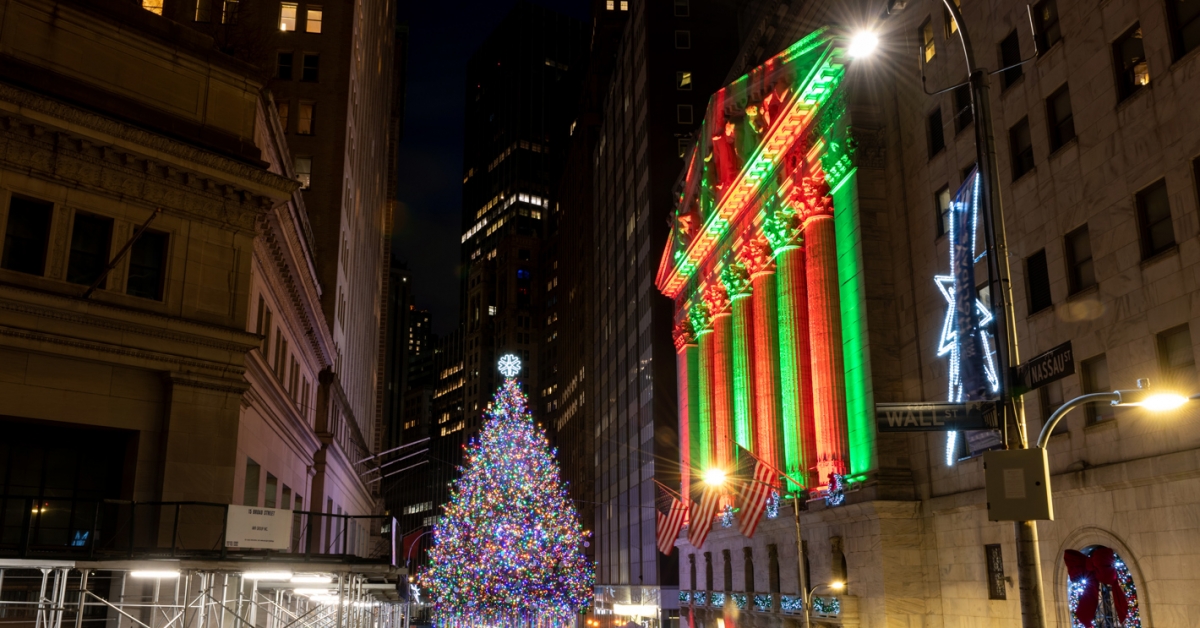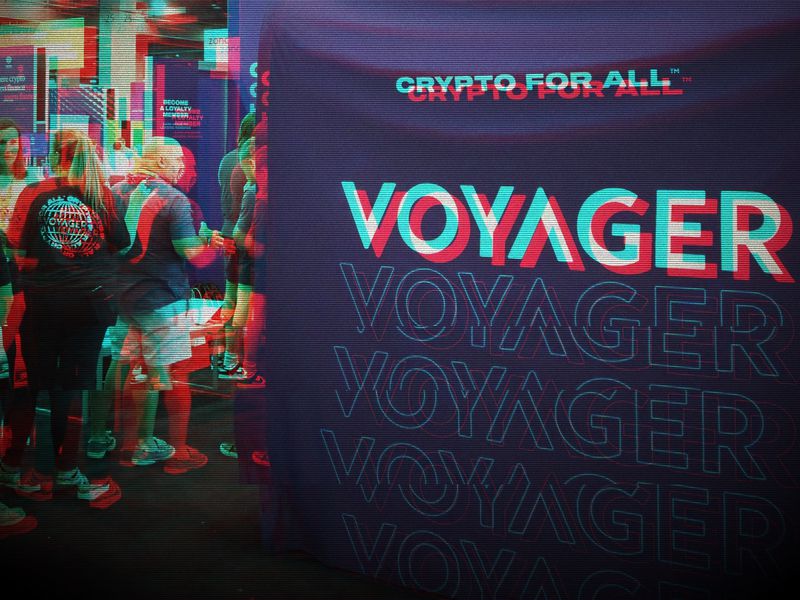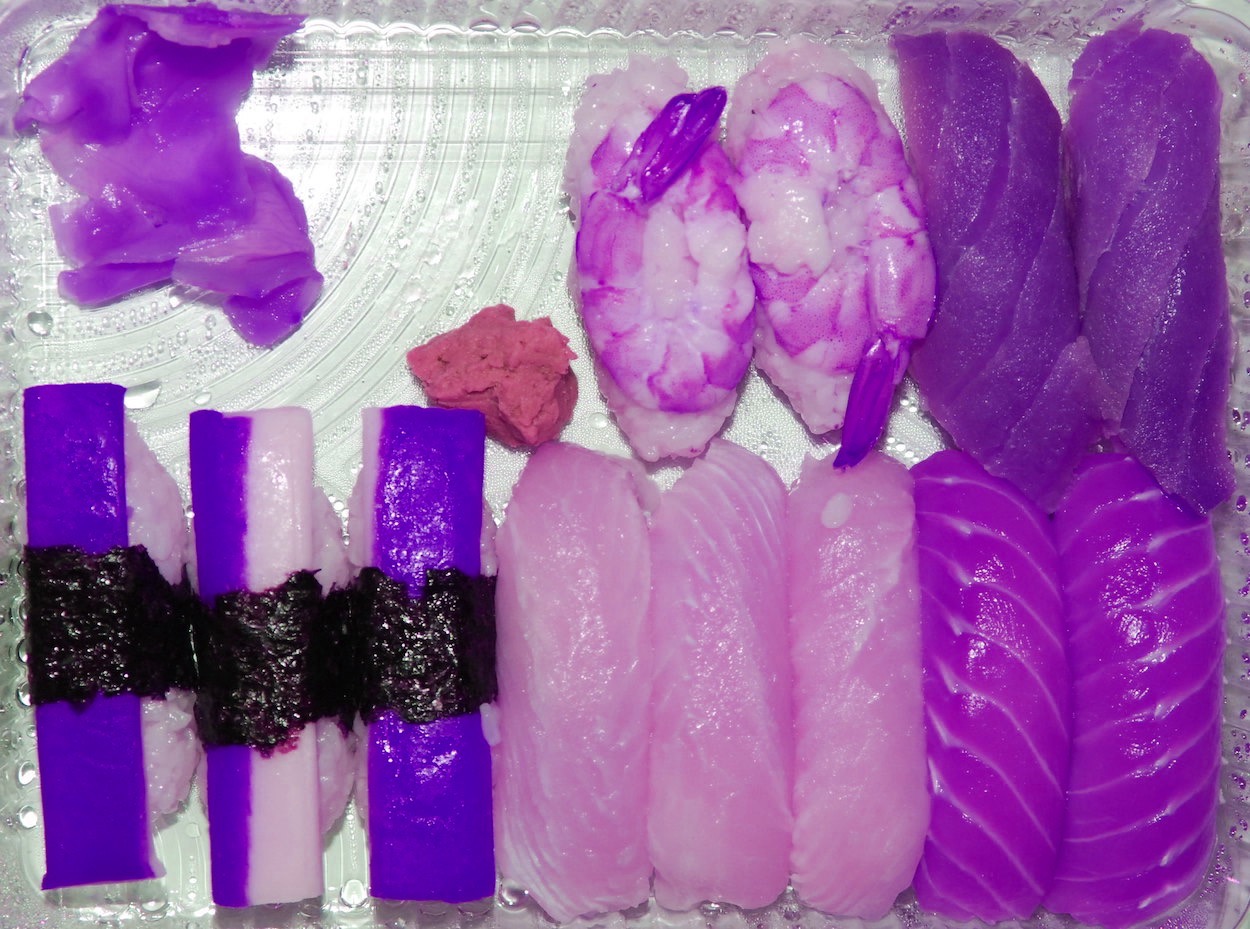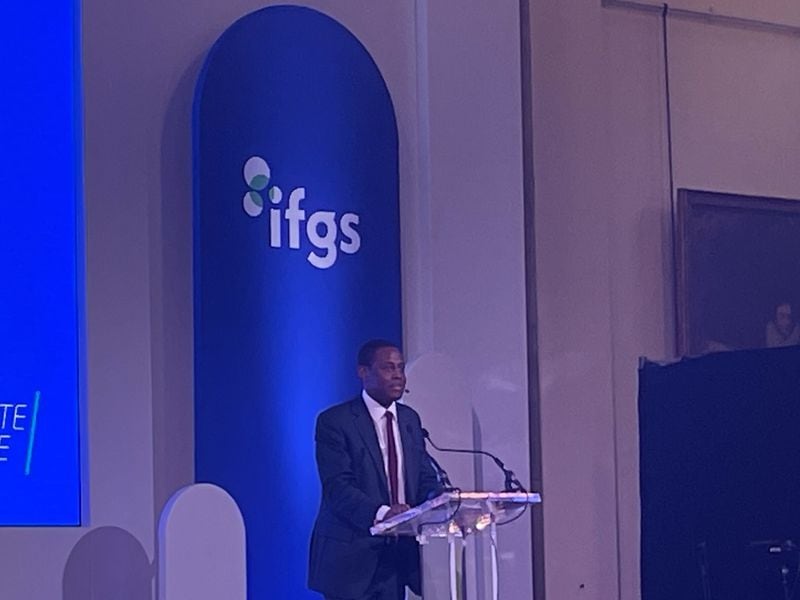How DeFi Dinner Bonds Can Help Restaurants During Crisis
Coronavirus
“People will buy this,” says Travis Blane, who goes by the name DeFi Dad on Twitter.
Blane, who works at ConsenSys, means Dinner Bonds, digital gift cards with a DeFi twist. Blane hopes they can help restaurants survive the enforced quarantine period.
DeFi Dad was inspired by the story of 232 Bleecker, a New York City restaurant specializing in healthy fare like a grilled monkfish with caraflex cabbage and habanada jam ($27). It now offers the bonds as a way for customers to help keep the kitchen going during this prolonged period of uncertainty.
The idea is for diners to invest $75 now with the promise of receiving a $100 gift card if and when their neighborhood haunt reopens. That 25 percent customer bonus is effectively the price Executive Chef Suzanne Cupps is willing to pay for sharing the risk her restaurant never reopens.
The process is straightforward: Using Mintbase, an Ethereum-based app for creating one-of-a-kind digital artifacts called non-fungible tokens (NFTs), a restauranteur can “print” discounted gift cards for their clientele. Once created, it’s a matter of posting a link anywhere online which will allow people to purchase them.
Mintbase requires users to have already set up either an Argent, Fortmatic, Coinbase or Metamask wallet – and have access to ethereum. Blane said he and the Mintbase team are willing to walk business owners through the process. Their first webinar was last week.
“For a restaurant that doesn’t know how to use Metamask, this could be a challenge,” he said.
Once Mintbase integrates Stripe payments the process will be even easier, Nate Geier, Mintbase CEO, said on a videoconference.
Apart from the built in audience of DeFiers, these digital coupons could appeal to the general consumer. Ethereum-based non-fungible tokens have many benefits over traditional gift cards – both physical and digital – by being fully transferable, transparent and immutable.
“Like all DeFi tools, they’re equally accessible to everyone,” Blane said.
Though this experiment in decentralized finance was inspired by 232 Bleecker’s attempt to raise funds through discounted certificates, Blane said his mind is always looking for ways to help small businesses (which with stimulus logistics problems at the Small Business Administration could use some help). Small businesses are at a significant loss while shelter-in-place orders are in effect. Not only can they not sell anything, but their calls assistance might only reach the end of their block.
The question remains whether low-tech restaurants, some of which may not even have a Google listing, are able to make the jump into Web 3.0. “Everyone should be able to use it. I just think people need to have their hands held,” Blane said. By digitizing “dinner bonds,” Blane thinks there’s a greater chance for mom and pop shops to raise funds from around the world.
As it stands, 232 Bleecker is no longer answering phone calls, and it’s not clear where to purchase its dinner bonds. A representative from the restaurant did not respond to a request for comment.
Blane’s family has owned and operated Gary Camera, an Indiana-based camera store, for the past 80 years. “I’m close to a small business and have seen how frustrated they can get with tech. This is a way to help a small business that is really really easy, a no brainer,” he said.

